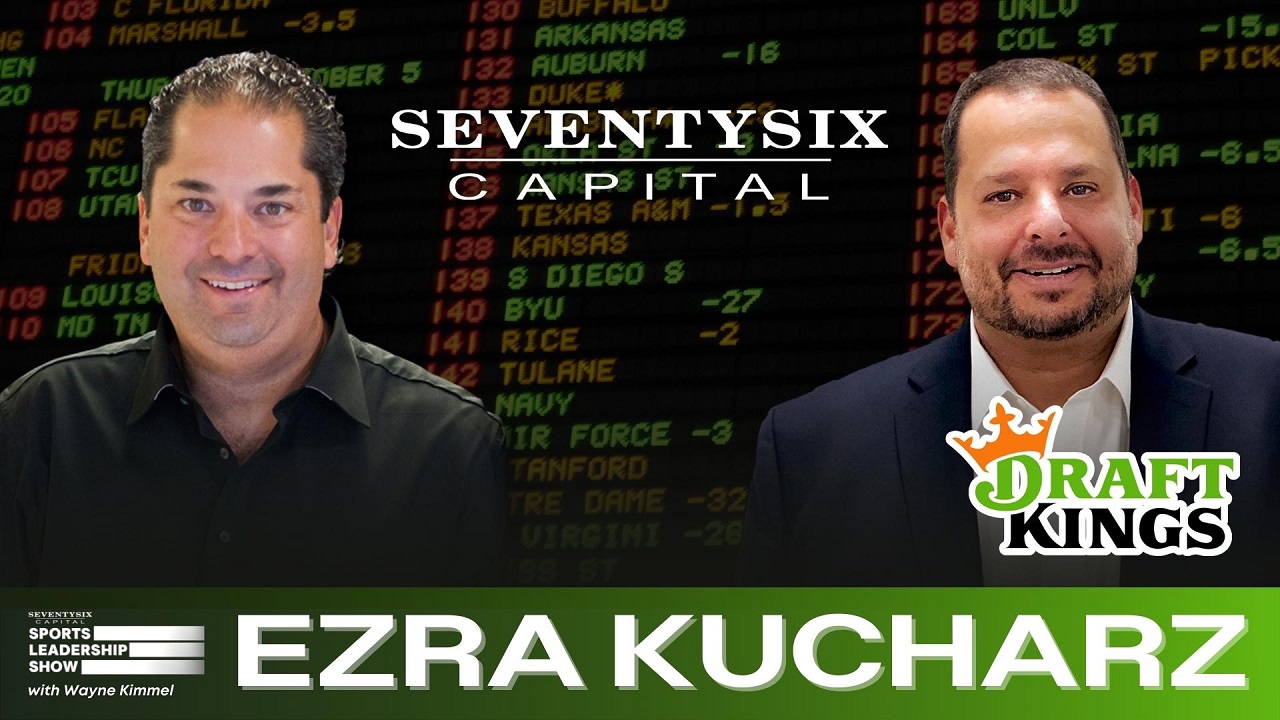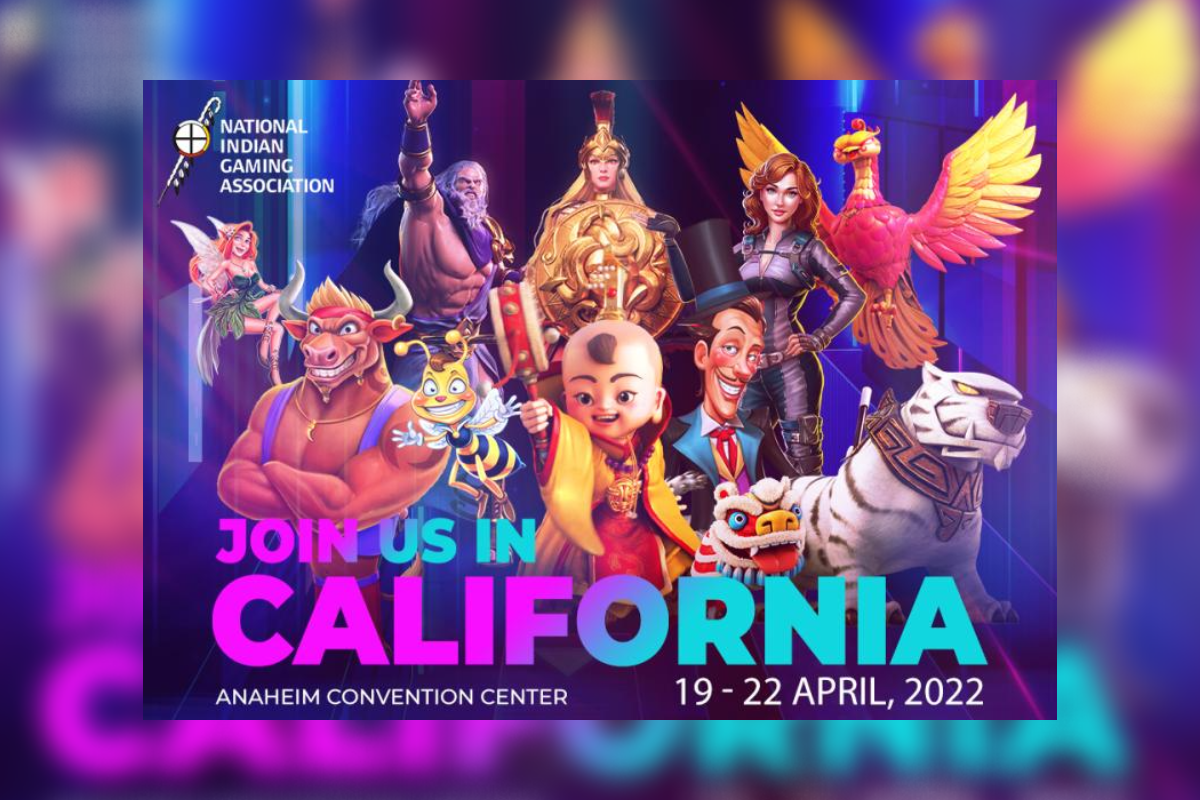
The Cincinnati Bengals in the Super Bowl – Who Are They?
When you think Super Bowl, your thoughts probably don’t immediately drift toward the other team playing. Do they? Maybe they should. The thing is that not everyone knows who the Cincinnati Bengals are. This is especially when you are in Boston or New York, you might have no idea who they are. Let’s face it! They are a fairly smaller town and a fairly smaller team. We cannot blame you for being less invested in this team than teams like the Patriots or Giants. Learn more about the new Cincinnati sensation below.
What state is the Cincinnati Bengals team in?
If you’re a football fan, then you’ve probably heard of the Cincinnati Bengals. They’re a legendary American football team with headquarters in Cincinnati, Ohio. They are members of the North Division of the American Football Conference (AFC) in the National Football League. The Bengals were founded in 1966 as a member of the American Football League (AFL) by former Cleveland Browns’ head coach Paul Brown. The Bengals won division championships in 1970 and 1973 but lost Super Bowls following the AFL–NFL merger. Learn more about the team and Ohio sports betting sites below.
When were the Cincinnati Bengals founded?
Aforementioned, the Cincinnati Bengals started operation in 1966 and remains a force to reckon with. The Browns had a long history of success. They were one of the NFL’s most dominant teams in the 1950s and 1960s. Brown emphasized a team-oriented approach to coaching that relied on “the system” rather than individual players. The Browns fired Brown in 1963 after a bitter power struggle with owner Art Modell over control of the team. He founded the Bengals with financial backing from local sportsman and lawyer Frank Ceccarelli. After years, they are in the Super Bowl.
How many times in the Super Bowl?
The Bengals have been in existence since 1968, and they have only been to the Super Bowl twice. They lost both times. The first time was against the San Francisco 49ers in 1981. Quarterback Joe Montana threw for 331 yards and three touchdowns while running back Roger Craig ran for 58 yards and caught a touchdown pass. The final score was 26-21. They returned to the big game in 1988, but they lost to the 49ers yet again, 20-16. Cincinnati quarterback Boomer Esiason threw for two touchdowns and was intercepted once while also rushing.
Has the Cincinnati Bengals ever won a Super Bowl?
The Bengals have been to the Super Bowl twice but lost both times. They lost 26-21 to the San Francisco 49ers in Super Bowl XXIII, then 20-16 to the San Francisco 49ers in Super Bowl XVI. The Bengals have a long history, playing for over half a century now. They joined the NFL in 1970 as an expansion team. The Bengals’ first winning season came in 1973 when they finished 7-6-1. That same year, they beat the Green Bay Packers at Lambeau Field, a special game marking their first win at Lambeau in 1968.
Are there any interesting facts about the Cincinnati Bengals team?
The Bengals earned their name after a previous team that played from 1937-41. Paul Brown, the coach of his namesake Browns franchise, wanted to name his new team the Bengals. However, settled for calling it the Brown as he did not want to be associated with the old team. The original Bengals were a semi-professional team playing in the Ohio League. It was named after the football team of Cincinnati’s local college. Bengals fans have been known to pelt players with snowballs, bottles and other projectiles to show their displeasure at poor play.
Bengals this season
The Bengals are currently sitting at 8-0, the only undefeated team in the league. They have a fantastic defence, led by four-time pro bowler Geno Atkins. They also have some of the best offensive weapons in the league. A.J Green is an elite wide receiver, and Andy Dalton performed well this season. The Bengals also have a strong running game with Gio Bernard and Jeremy Hill. The rest of the team is full of young studs who can impact the game, like Tyler Eifert and Darqueze Dennard. Their options in the Super Bowl remain open.
Who are they? The Cincinnati Bengals are a football team that you’ll be hearing a lot about in the coming weeks. And with good reason. Most people don’t know much about the Bengals, other than that they’re a good team. But they’re one of the oldest teams in the NFL. Enthusiastic fans have been rooting on this professional football team since 1968. As it turns out, they’ve made it to the Super Bowl twice before. The Bengals have never been to the Super Bowl before. They’ve been a great football team with no luck.










